Was the Sabbath ever changed from Saturday to Sunday? Should Christians still keep the Sabbath? Is forced Sunday worship the mark of the beast?
1. Let no one condemn you concerning a Sabbath
2. Let each person be fully convinced in their own mind whether they observe a day or not
3. Observing days is weak and worthless
4. Jesus claimed to be working on the Sabbath
5. The Sabbath, unlike the other commandments, was the seal of a fulfilled (in Christ), broken (golden calf) and temporary (until the offspring) covenant (suzerainty vassal treaty)
6. Early Christians gathered on the first day of the week
7. How to find true rest any day of the week
Today we will argue Sunday was a day of gathering (different from day of rest) for the early church, however, the Sabbath day did not change from Saturday. Rather, the Sabbath was perpetuated through Christ’s eternal rest on offer to all who believe.
The special commandment
According to the founder of the Seventh Day Adventist church, Ellen White (1827-1915), the Sabbath distinguishes true and false believers, being the most glorious command of all.
The most glorious command of all
In an alleged vision of heaven outlined in To Be Like Jesus, she recalls, “Jesus opened them, and I saw the ten commandments written on them with the finger of God. On one table were four, and on the other six. The four on the first table shone brighter than the other six. But the fourth, the Sabbath commandment, shone above them all; for the Sabbath was set apart to be kept in honor of God's holy name. The holy Sabbath looked glorious—a halo of glory was all around it.”
Forced Sunday worship the mark of the beast?
In Maranatha, she adds, “The sign, or seal, of God is revealed in the observance of the seventh-day Sabbath, the Lord's memorial of creation.... The mark of the beast is the opposite of this—the observance of the first day of the week.” White then clarifies that, “Sundaykeeping is not yet the mark of the beast, and will not be until the decree goes forth causing men to worship this idol sabbath.”
Pope changed the day?
White purports elsewhere, “I saw that God had not changed the Sabbath, for He never changes. But the pope had changed it from the seventh to the first day of the week; for he was to change times and laws (Early Writings, p. 32).”
When reality strikes
Despite White’s claims and visionary experiences, the weight of biblical and historical evidence is against her.
1. Let no one condemn you concerning a Sabbath
In Colossians 2:16-17, Paul exhorts his readers, “Therefore let no one pass judgment on you in questions of food and drink, or with regard to a festival or a new moon or a Sabbath. These are a shadow of the things to come, but the substance belongs to Christ.”
Weekly or festival Sabbath?
SDAs try and wiggle out of the conclusion of this verse by claiming it refers to Sabbaths linked to festivals, rather than the weekly Sabbath.
This fails to take into consideration:
The Sabbath was frequently mentioned hand in hand with the new moon in the Old Testament (eg. 2 Kings 4:23, Lam. 2:6, Hos. 2:11, Is. 1:13, Is. 66:23).
In Leviticus 23, God outlines “these are the appointed feasts of the LORD” (Lev. 23:2) and commences with talking about the weekly Sabbath (23:3), followed by the Passover (23:4-8), Firstfruits (23:9-14), Festival of Weeks (23:15-22), Trumpets (23:23-25), Day of Atonement (23:26-32), Feast of Booths (23:33-44). The Sabbath was included as a festival.
Hebrews is a book full of types and shadows and dedicates an entire chapter to the Sabbath, consistent with Paul’s claim in Colossians 2:16-17
Sabbath keeping after second coming?
SDAs often cite Isaiah 66:23 to suggest there will be Sabbath observance after Christ’s return.
From new moon to new moon, and from Sabbath to Sabbath, all flesh shall come to worship before me, declares the Lord.
However, this passage also includes a reference to the new moon which Colossians 2:16-17 specifies was a shadow of things to come along with the Sabbath.
Moreover, a similar passage highlighting God’s victory over the nations is in Zechariah 14 which refers to year-by-year observance of the Festival of Booths (14:16-19), which SDAs don’t observe!
2. Let each person be fully convinced in their own mind whether they observe a day or not
In Romans 14:5-6, Paul urges his readers, “One person esteems one day as better than another, while another esteems all days alike. Each one should be fully convinced in his own mind. The one who observes the day, observes it in honor of the Lord.”
Again, SDAs try and work around this passage by claiming it relates to festivals.
However, Paul is clear this relates to how we esteem “all days” (Rom. 14:5), meaning it is impossible to exclude the Sabbath from this discussion.
In addition, in verse 6 Paul refers to the “one who observes the day” which would make sense to include Sabbath observance under this as it is a “day” observed weekly, particularly given the Jewish context of this chapter (eg. 14:18).
Won’t the end-time followers observe the Sabbath?
Some people claim Christ’s comment in Matt. 24:20 “Pray that your flight may not be in winter or on a Sabbath” indicates believers will observe the Sabbath at the end of time.
This has multiple flaws.
Christ is discussing a temple that existed in front of the disciples (Matt. 24:1–3).
This temple was destroyed in 70 AD within one generation of Christ’s prophecy, just as Jesus predicted (Matt. 24:34).
To a first-century Jewish audience it made perfect sense to them that the Sabbath, just like the winter would be a time of limited mobility given the Jewish focus of the city of Jerusalem.
3. Observing days is weak and worthless
Similar to Romans 14 and Colossians 2, Paul is deeply concerned when readers prioritise the observance of days. The Sabbath is a day which is observed weekly.
Paul is somewhat frustrated with the church of Galatia on this issue:
But now that you have come to know God, or rather to be known by God, how can you turn back again to the weak and worthless elementary principles of the world, whose slaves you want to be once more? You observe days and months and seasons and years! I am afraid I may have labored over you in vain (Gal. 4:9-11).
Didn’t Paul keep the Sabbath?
Some contend Paul kept the Sabbath by citing passages he preached in a synagogue weekly. The synagogue was a later invention that came after the law and the prophets and attending a synagogue on the Sabbath was never required in the Torah.
Moreover, Paul attended the synagogue for evangelistic reasons and was kicked out (Acts 18:5-6). This is a descriptive passage, not a prescriptive one. Paul lectured in the hall of Tyrannus for months on end (Acts 19:9-10), yet SDAs don’t follow this.
Don’t leave your tent
The Sabbath was primarily about rest in ways such as not leaving your tent and avoiding lighting a fire (Ex. 16:29, 35:3), not about attending church or a synagogue as synagogues didn’t even exist until after the law was written.
4. Jesus claimed to be working on the Sabbath
An often overlooked passage when it comes to Sabbath discussions is John 5. John 5–10 structurally covers four Jewish festivals Jesus fulfilled, first of which is the Sabbath, then Passover, Hanukkah and Firstfruits.
Jesus never lied or committed adultery or murder but “broke” the laws which foreshadowed him. For example, by touching dead or ceremonially unclean people (Luke 8:40–56; Lev. 5:2; Lev. 15:25; Lev. 21:1) and breaking the Sabbath (John 5:18) by telling the blind man to carry his mat when carrying a load is forbidden on the Sabbath (Jer. 17:21–23, Num. 15:32-35). Of course, it was impossible for Jesus to truly break the Sabbath for Jesus is the true Sabbath and Lord of the Sabbath!
How am I making such a bold claim? I’m not. Jesus claimed to be working on the Sabbath. His words, not mine.
In other words, when accused of breaking the Sabbath day of rest, Jesus responds by saying I’m working!
This is the same Jesus who apparently distinguishes true and false believers based on their willingness to rest on the Sabbath!
John 5:16-18:
And this was why the Jews were persecuting Jesus, because he was doing these things on the Sabbath. But Jesus answered them, “My Father is working until now, and I am working.” This was why the Jews were seeking all the more to kill him, because not only was he breaking the Sabbath, but he was even calling God his own Father, making himself equal with God.
God sustaining the universe on the Sabbath
Jews had a view that God could sustain the universe and in that sense work without breaking the Sabbath. Hence, Jesus is claiming to be divine here.
Yet, if Christ came to show us how to perfectly follow the law of which the Sabbath is the most glorious of all laws, why would he say he’s working on the Sabbath?
The sealed of God can’t work on the Sabbath and Christ is meant to be their example.
Only if the Sabbath, like the laws of ceremonial purity, was a type or shadow. Christ had no interest in behaving immorally and was perfectly moral.
5. The Sabbath, unlike the other commandments, was the seal of a fulfilled (in Christ), broken (golden calf) and temporary (until offspring) covenant (suzerainty vassal treaty)
SDAs love to cite Ex. 31:16 which cites Sabbath observance as a “covenant forever.”
Other everlasting statutes
However, even circumcision before the law was an “everlasting covenant” (Gen. 17:13) and the bronze basin in the tabernacle a “statute forever” (Ex. 30:21), yet the New Testament teaches of the ultimate fulfilment of these in Christ (Galatians 6:15, Hebrews 8–9).
Moreover, Exodus 31:16-17, refers to the Sabbath as a seal or sign, implying the Sabbath was the seal of the Mosaic covenant, just like Noah’s rainbow (Gen. 9) and circumcision (Ge. 17) were signs of other covenants.
Suzerainty vassal treaty
Many scholars note the decalogue takes the form of a Near Eastern suzerainty vassal treaty, whereby a sign or seal was placed near the middle of the treaty document as Meredith Kline notes. The Sabbath is near the middle (4th) of the 10 commandments and is a sign of the covenant.
Law until the offspring
Under Galatians 3:15–20 Mosaic covenant ended when a new seed (v.19), Jesus, replaced it and we now have the law of Christ (Gal. 6:2) or of love and faith.
Galatians 3:17,19: This is what I mean: the law, which came 430 years afterward.. Why then the law? It was added because of transgressions, until the offspring should come to whom the promise had been made, and it was put in place through angels by an intermediary.
Second set or ritualistic ten commandments?
Additionally, the tablets from Exodus 20 are broken following the golden calf incident (Ex. 32:19). In Exodus 34, God seeks to renew a covenant with the people of Israel. Yet, this time, the words of the covenant written on stone have a much greater focus on idolatry.
These words of the covenant written on stone (Ex. 34:26-27), also referred to as the Ten Commandments (Ex. 34:27), contain references to festivals such as Passover (v.25), Feast of Unleavened Bread (v.18), Feast of Weeks (v.23) etc which SDAs don’t keep!
H. Kosmala in “The So-Called Ritual Decalogue” Annual of the Swedish Theological Institute 1 (1962) 31–61, outlines how the Exodus 34 commandments have a much greater focus on worship and ritual compared to the broken covenant of Exodus 20, potentially because of Israel’s failings in the area of worship demonstrated in the golden calf episode.
Before the law?
Some SDAs will respond by saying the Sabbath was before the law and, as such, has significance outside the Mosaic covenant.
Yet, Adam was never commanded to keep the Sabbath nor is the word Sabbath mentioned in Genesis or any evidence of any man keeping it. Jesus claims the Father never stopped working (John 5:18).
The seventh day had no morning and evening unlike the other six (Gen.1–2). It foreshadows something greater and represents God making the earth his resting or dwelling place (Ps. 132), and Eden his cosmic temple (Ezek. 28, 47).
The punishment for collecting Manna on the Sabbath varied from punishments for Sabbath-breaking (eg. by lighting a fire) after the law was introduced (Exodus 16:28 v 35:2). The command to keep the Sabbath was not given to Abraham and Jacob but to Moses through a covenant (Deut. 5:3).
Christ’s followers keep his commandments?
The New Testament teaches Christ’s followers will follow his commandments (eg. Rev. 12:17). Yet, the question is, what are these commandments?
Love one another
The explicit commandments in the New Testament, including a new command Jesus gives, are to believe in Jesus and love one another (1 John 3:23; John 13:34; Gal. 6:2) with the moral principles laid out in Matthew 5 on the Sermon on the Mount when Christ redefined the law. We are under the law of Christ (Gal. 6:2), while the law of Moses was in place until Christ, the offspring (Gal. 3:19).
Resting according to the commandment?
Luke 23:56 refers to Jesus’ women followers resting on the Sabbath according to the commandment, however, this is prior to the resurrection and such followers also observed Jewish festivals.
Not a single reference to Sabbath observance/ rest after resurrection
There is not a single New Testament reference to Sabbath gatherings between Christians (not synagogue gatherings) or Christians resting on the Sabbath after the resurrection of Jesus.
Missing from the list
None of the lists of sins and sinners in the New Testament, include not keeping the Sabbath.
Greatest commandments weren’t from the 10
When Jesus is asked what the greatest commandment is, he cites two commandments that aren’t even based on the 10 commandments. Namely, to love God with all your, heart, soul, and mind and to love your neighbour as yourself (Matt. 22:36-39).
6. Early Christians gathered on the first day of the week
The Sabbath in the Torah, was primarily a day of rest, not gathering for worship. In fact, people were instructed in some places not to leave their dwelling places on the Sabbath (Ex. 16:29). As mentioned, synagogues or churches did not exist.
Outside the gates
Revelation 21:8 and 22:15 list people who are outside of the gates of heaven. None of these include people who don’t keep the Sabbath.
We see similar lists in 1 Cor. 6:9–11, Galatians 5:19–21 and 1 Tim. 1:9–10 but there is never any explicit mention of a failure to observe the Sabbath as dictating eternal fate. This is truly fascinating if given, Ellen White’s teaching, Sabbath observance is what differentiates the godly from the ungodly at the end of time.
Moreover, many of these lists contain sins not even listed in the Exodus 20 commandments, such as fornication, sorcery, drunkenness and slave trading.
The evidence
There is New Testament evidence, that early Christians gathered on Sundays.
Sunday was a day of gathering, the Sabbath day did not change. Rather, the Sabbath was perpetuated through Christ’s eternal rest.
Weekly collections
Weekly collections for the saints or deposits into a common church treasury occurred on the first day of the week in the churches Galatia and Corinth (1 Cor. 16:1–2). Why not do this on the Sabbath if that is when everyone was gathering? Surely that’s a more logical administrative choice.
Only day explicitly mentioned for communion
Communion explicitly occurs on the first day of the week in Acts 20:7, without a single explicit instance of communion or collections on the Sabbath or second, third, fourth, or fifth day of the week making the first day of week reference noteworthy despite communion occurring on a regular basis earlier in Acts (2:46).
Early church writings
Some claim Ignatius taught, roughly within 20 years of when Revelation which refers to the “Lord’s day” (Rev. 1:10) was written, that believers were “no longer observing the Sabbath but living in observance of the Lord’s day” (Letter to the Magnesians 9, 110 AD). However, there are questions about if Ignatius actually wrote this.
The Epistle of Barnabas of between 70-132 AD, speaks of the Sabbath as being ongoing rest following Christ’s resurrection. “I shall make a beginning of the eighth day; that is, a beginning of another world. Therefore we keep the eighth day with joyfulness, the day also on which Jesus rose from the dead (15).”
Justin Martyr
Justin Martyr in 150 AD wrote, “And on the day called Sunday, all who live in cities or in the country gather together in one place … Sunday is the day on which we all hold our common assembly because it is the first day on which God, having wrought a change in the darkness and matter, made the world. On the same day, Jesus Christ our Savior rose from the dead (First Apology 67)”.
Irenaeus
Irenaeus in c. 183–186 AD adds, “there will be no command to remain idle for one day of rest, to him who perpetually keeps sabbath, that is to say, who in the temple of God, which is man’s body, does service to God, and in every hour works righteousness”.
Clement of Alexandria and Tertullian
Moreover, Clement of Alexandria also calls Sunday the Lord’s day in c. 190AD, while Tertullian remarked in c.200 AD, “Others … suppose that the sun is the God of the Christians because it is a well-known fact that we pray towards the east or because we make Sunday a day of festivity. (Ad Nationes 13).”
7. How to find true rest any day of the week
Hebrews is all about types and shadows. Moses is discussed in Chapter 3, Melchizedek in chapters 5 and 7, the Old Covenant in Chapter 8, and the holy place and sacrifices in chapters 9 and 10.
Contextually speaking, it is noteworthy that the “seventh day” Sabbath (Heb. 4:4) is discussed along with all of these other types and shadows.
SDAs like to point out verse 9 that there “remains a Sabbath rest for the people of God”.
However, reading this in context, this “Sabbath rest” is different in nature from what the Jews experienced as verse 8 explains Joshua had not truly given them rest but spoke of a time later on.
Entering God’s rest
Verse 10 is crucial in understanding this chapter and speaks of the one who has “entered God’s rest [and] has also rested from his works as God did from his”.
On this basis we may “strive to enter that rest” so that we may not fall as did the people of Israel at Meribah of whom God swore, “They will not enter my rest” (Psalm 95:11).
Contextually it makes sense to interpret this as Christ who, modelling the Father’s rest after creative work, now rests after His redemptive work was completed when He rose on the first day of the week (John 20:1–9; Mark 16:9).
Moreover, 4:10 uses a singular and historic tense as opposed to verse 11 which uses a plural and future tense indicating Christ lays forth and makes possible the future Sabbath rest for many.
Indeed, this Sabbath rest culminates in our glorification, however, “today” is the day of salvation (Heb. 4:7) and we “must strive to enter that rest” (Heb. 4:11) from now.
Rest to the weary
Christ brings rest to those who labour and are heavy laden (Matt. 11:28) and we cross from death to eternal life when we believe (John 5:29).
Let us treasure therefore the perpetual Sabbath rest which Christ has made possible for us and look forward to the time this is made complete at His return while knowing that despite the challenges of this life, the opportunity for rest in Christ begins today.
AW Tozer, a street theologian
AW Tozer, himself a street theologian, self taught and never attending Bible college, talks about meekness and rest in chapter 9 of his classic work, The Pursuit of God.
What distresses you? Someone getting promoted ahead of you? Your spouse picking someone else ahead of you? Your family turning on your views? The battles and stresses of life are real.
As Tozer notes, “The burden borne by mankind is a heavy and a crushing thing. The word Jesus used means a load carried or toil borne to the point of exhaustion. Rest is simply release from that burden. It is not something we do, it is what comes to us when we cease to do. His own meekness, that is the rest.
Let us examine our burden. It is altogether an interior one. It attacks the heart and the mind and reaches the body only from within. First, there is the burden of pride. The labor of self-love is a heavy one indeed. Think for yourself whether much of your sorrow has not arisen from someone speaking slightingly of you. As long as you set yourself up as a little god to which you must be loyal there will be those who will delight to offer affront to your idol. How then can you hope to have inward peace?”
In ourselves nothing
Tozer continues, “The meek man is not a human mouse afflicted with a sense of his own inferiority. Rather he may be in his moral life as bold as a lion and as strong as Samson; but he has stopped being fooled about himself. He has accepted God's estimate of his own life. He knows he is as weak and helpless as God has declared him to be, but paradoxically, he knows at the same time that he is in the sight of God of more importance than angels. In, himself nothing; in God, everything. That is his motto.”
Deeper level of rest
The Sabbath on offer here is far more than a weekly event where you can’t leave your home or light a fire. Something far deeper. Something accessible day by day. Minute by minute.
Come to me, all who labor and are heavy laden, and I will give you rest. Take my yoke upon you, and learn from me, for I am gentle and lowly in heart, and you will find rest for your souls. For my yoke is easy, and my burden is light. - Jesus, Matthew 11:28-30
More regular updates? https://twitter.com/StreetTheologn
Article archives spanning back to 2020:





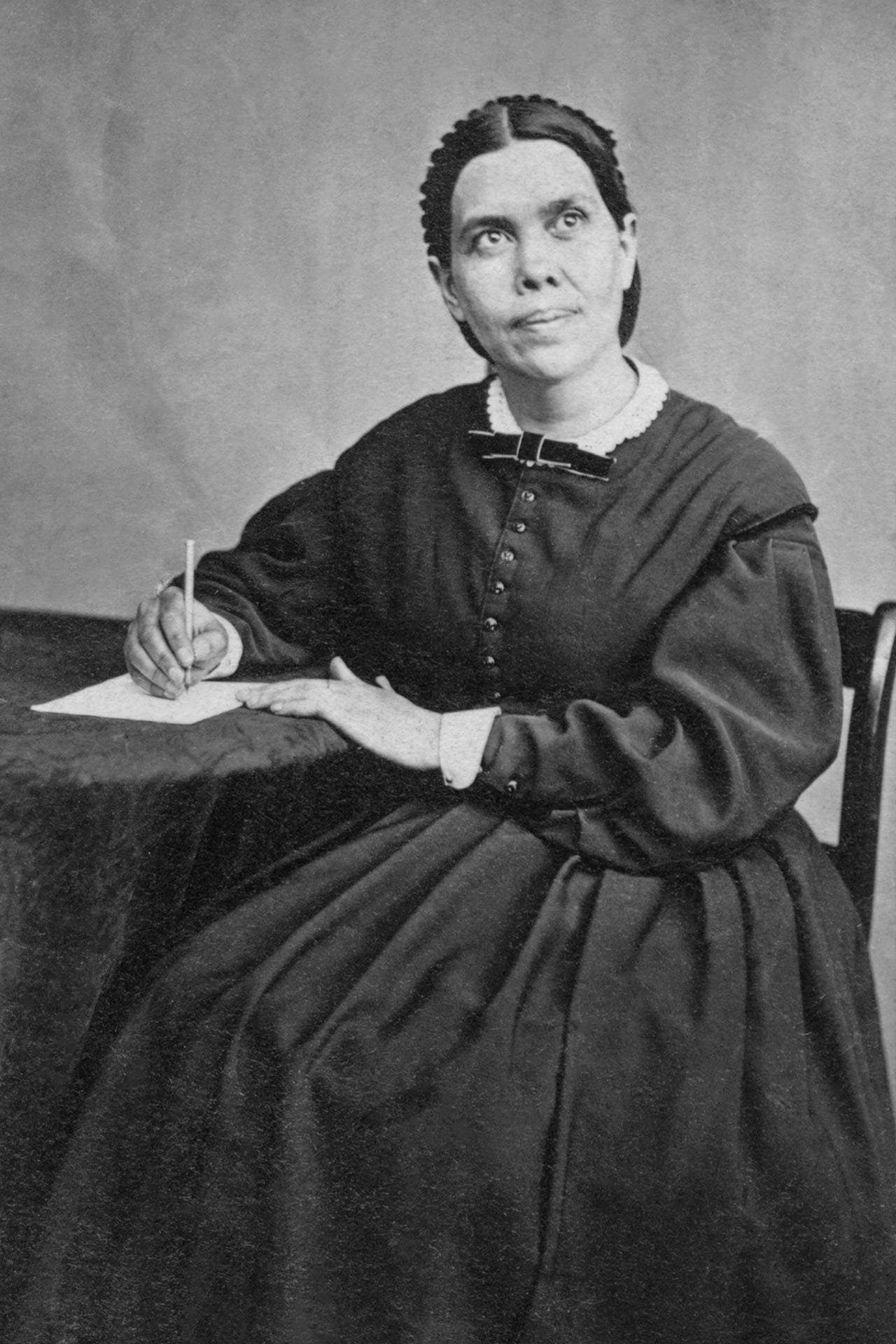


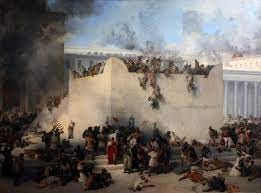
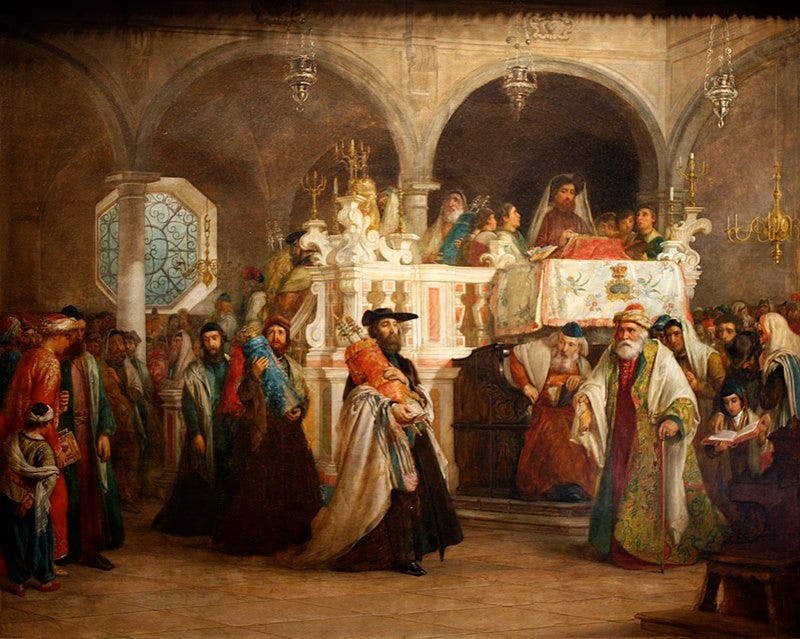
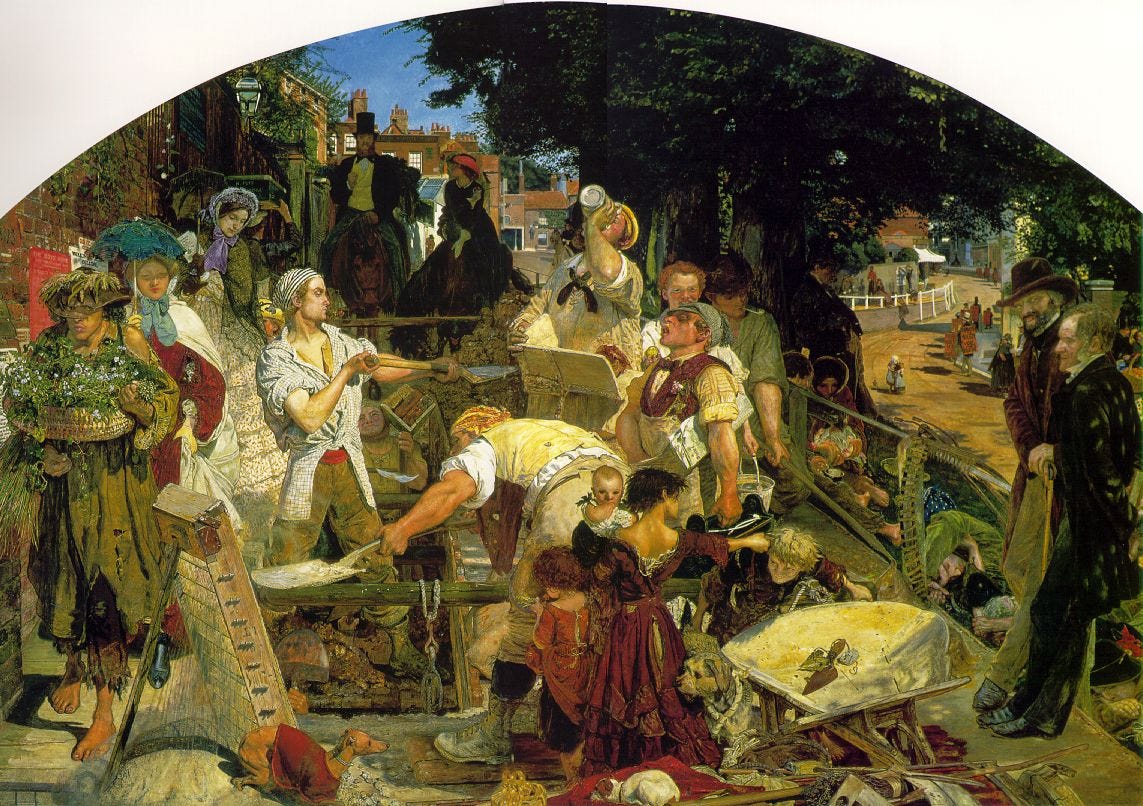
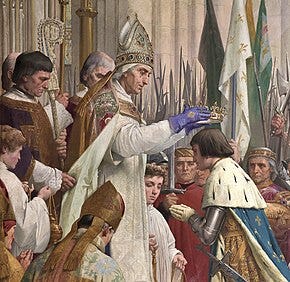

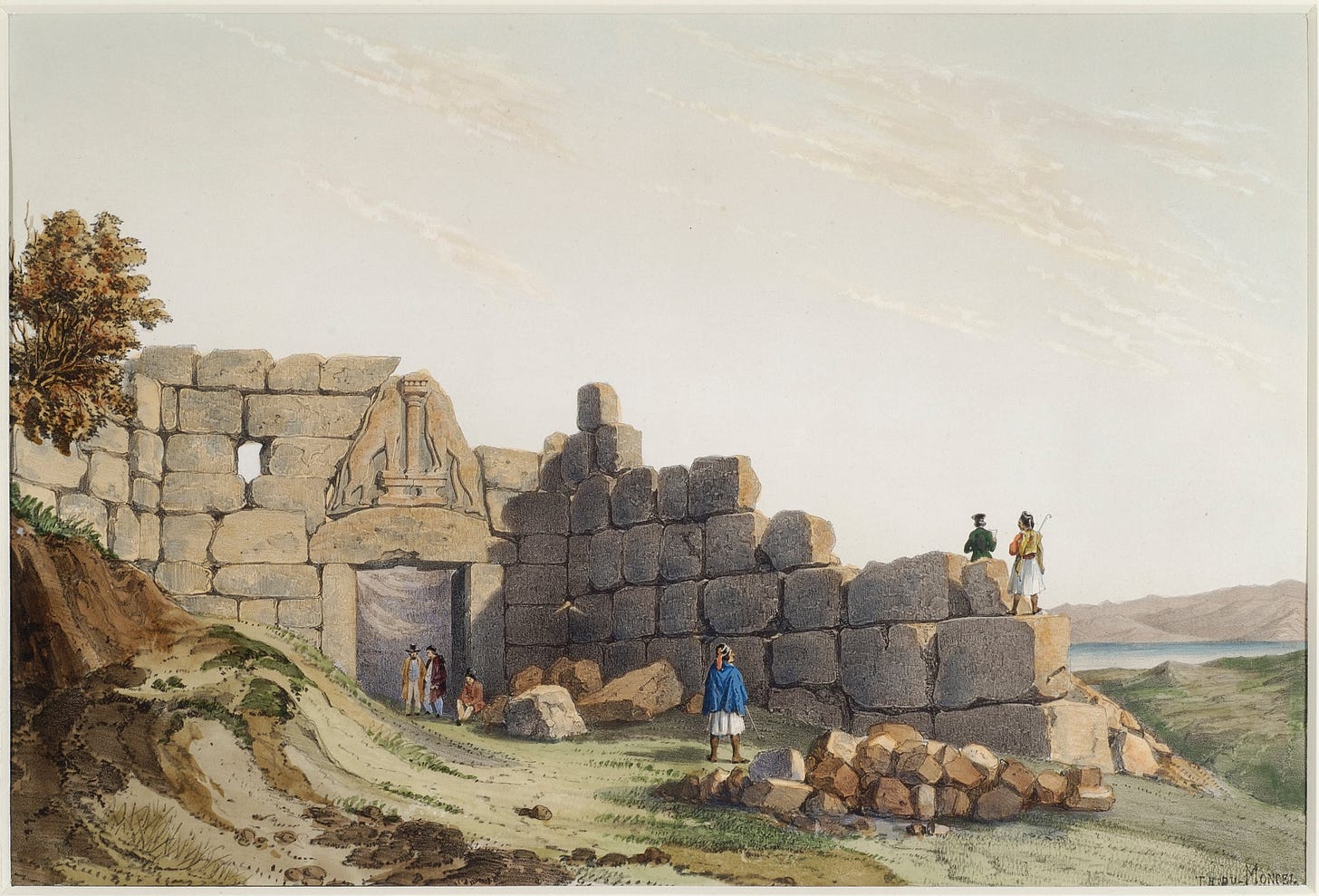


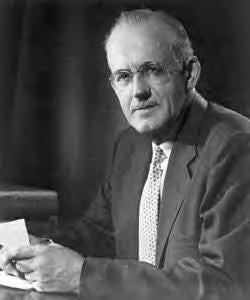


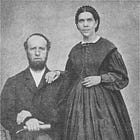
Thank you for the article on Sabbath. And I especially liked the quotes from Tozer regarding our rest from pride - found in Jesus.